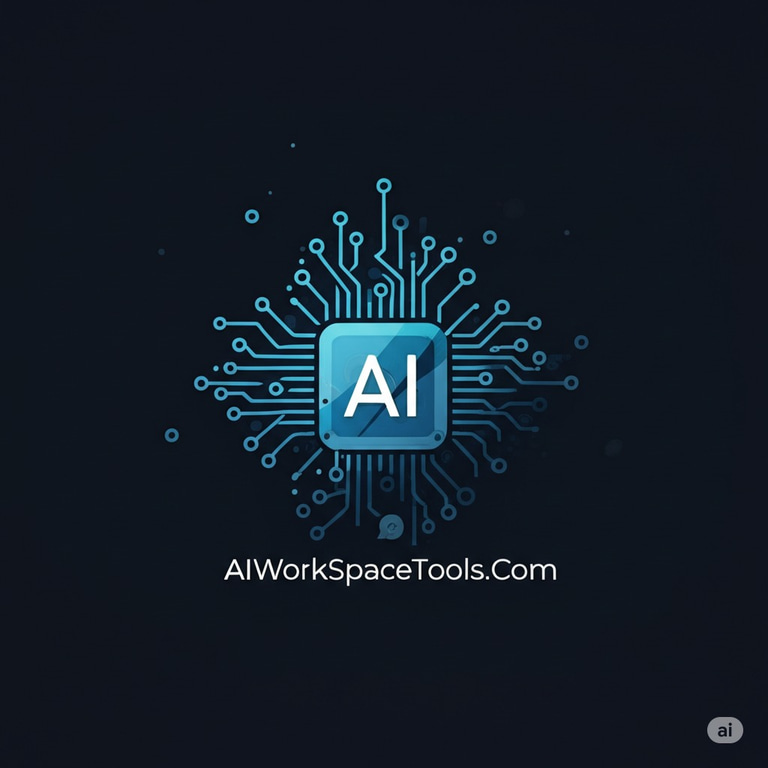Understanding AI Agents: A Comprehensive Guide
AI agents can learn from their environments and make decisions based on data analysis. This ability to adapt enhances their efficiency in various applications, making AI agents invaluable in sectors such as healthcare, finance, and customer service.
George@aiworkspacetools.com
8/27/20251 min read


What Are AI Agents?
AI agents are intelligent systems designed to perform tasks autonomously, utilizing a blend of artificial intelligence algorithms, machine learning techniques, and natural language processing. Unlike traditional software that executes specific commands, AI agents can learn from their environments and make decisions based on data analysis. This ability to adapt enhances their efficiency in various applications, making AI agents invaluable in sectors such as healthcare, finance, and customer service.
The Role of AI Agents
AI agents can be categorized into two main types: reactive agents and proactive agents. Reactive agents respond to stimuli or inputs without maintaining a memory of past experiences. In contrast, proactive agents use past information to inform their decisions, allowing them better predict future scenarios. Such capabilities enable AI agents to perform tasks like automating customer support, monitoring financial transactions for fraud detection, and even offering personalized recommendations in e-commerce platforms.
The Future of AI Agents
The future of AI agents appears promising, with continuous advancements in technology enhancing their applicability across various fields. As AI researchers develop more sophisticated algorithms, we can expect AI agents to handle increasingly complex tasks and operate in more challenging environments. For instance, in the realm of autonomous vehicles, AI agents will need to make split-second decisions based on rapidly changing conditions, which could revolutionize transportation as we know it. Furthermore, as businesses increase their reliance on AI agents for process automation, the potential for operational efficiencies and cost savings will likely drive further investment and innovation.
Despite the exciting prospects, ethical considerations surrounding AI agents remain a point of concern. Issues related to privacy, security, and accountability must be addressed to ensure responsible deployment. Regulatory frameworks will likely evolve to govern how these intelligent systems operate, balancing innovation with ethical usage.
In conclusion, AI agents represent a significant leap in technological capabilities, with the potential to transform numerous industries. As we navigate the complexities of their integration into our daily lives, it is essential to grasp not only their functions but also the broader implications of this emerging technology.
Insights
Discover top AI tools for modern workspaces.
Tools
© 2025. All rights reserved.
